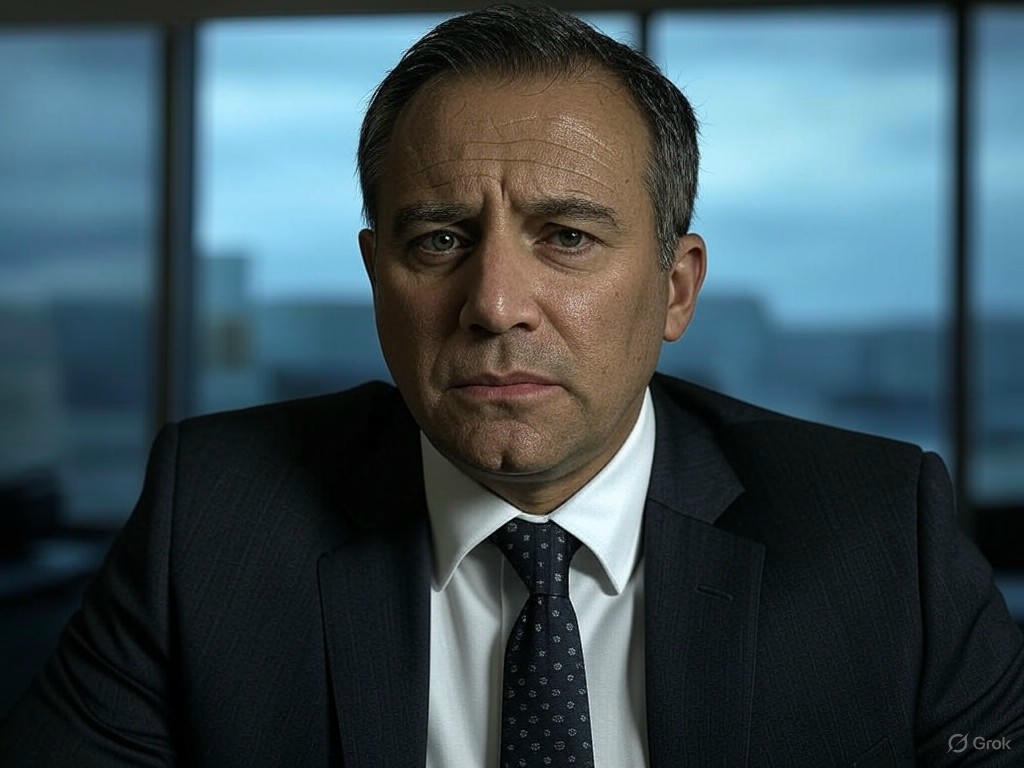Sarepta Therapeutics Faces Crisis as Stock Tumbles After Patient Death
In a dramatic turn of events, Sarepta Therapeutics, a prominent player in the biotech industry, has seen its stock value plummet to a nine-year low following distressing news about its experimental drug, Elevidys. The sharp decline came after reports surfaced that a second patient enrolled in the clinical trials for this gene therapy treatment has tragically passed away. This incident has sent shockwaves through the investment community, raising serious questions about the drug’s safety profile and the future of the company’s ambitious projects.
Sarepta, known for its focus on developing treatments for rare genetic disorders, had pinned high hopes on Elevidys, a therapy designed to address Duchenne muscular dystrophy, a debilitating condition affecting young individuals. The drug had shown early promise, offering a potential lifeline to patients with limited treatment options. However, the recent patient deaths have cast a dark shadow over these prospects. Investors, who had previously rallied behind Sarepta’s innovative approach, are now reevaluating their positions as uncertainty looms large. The stock’s freefall reflects not just financial losses but also a profound loss of confidence in the company’s ability to navigate the complex landscape of drug development.
The implications of this setback extend beyond Sarepta’s balance sheet. Regulatory bodies are likely to scrutinize Elevidys more closely, potentially delaying its path to market or imposing stricter testing requirements. For patients and families awaiting new therapies, this news is a heartbreaking reminder of the risks inherent in cutting-edge medical research. While gene therapies hold immense potential to transform lives, they also come with significant challenges, including unforeseen side effects that can only be identified through rigorous clinical trials. Sarepta now faces the daunting task of rebuilding trust—both with the public and within the scientific community—while investigating the causes behind these tragic outcomes.
Analysts are divided on what lies ahead for the biotech firm. Some believe that Sarepta can recover by demonstrating transparency and a commitment to patient safety, possibly through enhanced trial protocols or partnerships with other research entities. Others, however, warn that the damage to the company’s reputation may be long-lasting, especially if further issues arise. The financial strain could also limit Sarepta’s ability to fund other projects, potentially stunting its growth in an industry where innovation is the key to survival.
As the dust settles, Sarepta Therapeutics stands at a critical juncture. The road to redemption will not be easy, requiring a delicate balance of scientific diligence and strategic communication. For now, the biotech world watches closely, aware that the outcome of this crisis could set a precedent for how companies handle adversity in the high-stakes realm of drug development. Meanwhile, investors and patients alike hold their breath, hoping for answers and, ultimately, safer solutions that can turn the tide for those in desperate need of medical breakthroughs.


